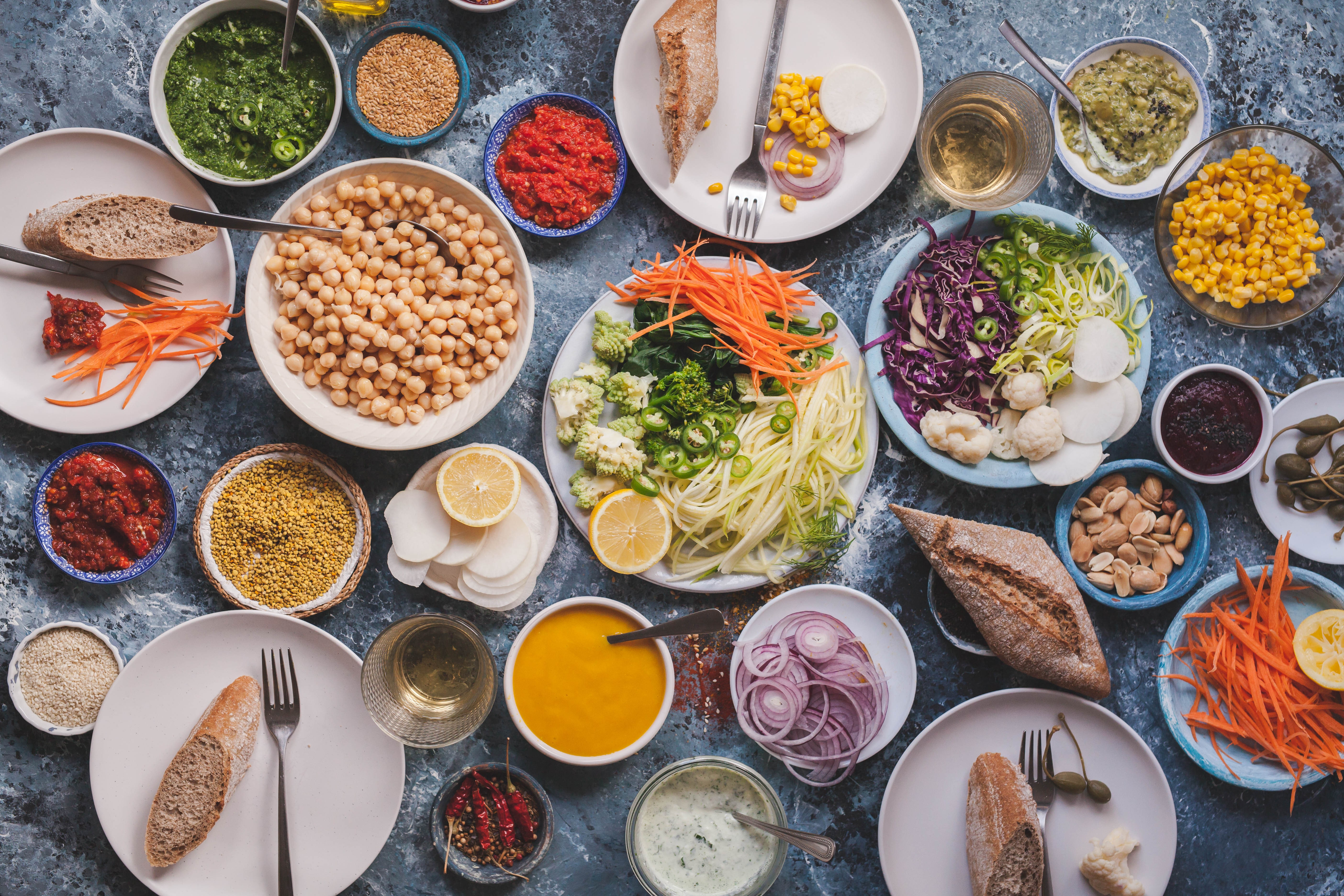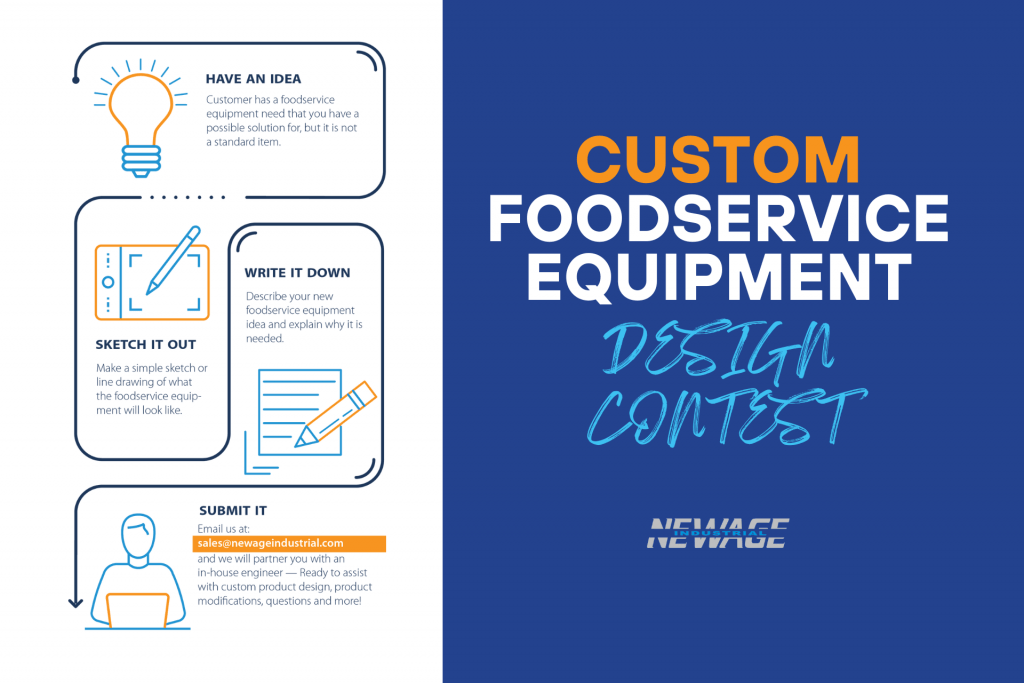
For 2021, 500,000 people have signed up to go vegan for the month of January, double the number who signed up to Veganuary in 2019.
Those who sign up commit to eating only vegan food, excluding all animal products from their diet, for a month.
Since its launch in 2014 more than one million people have joined and completed the one month pledge. This, according to the campaign, equates to 6.2 million litres of water and 103,840 tonnes of C02eq saved.
The increased uptake is reflected in the major operators and retailers promoting vegan deals and promotions. In the UK, supermarkets Aldi, ASDA and Tesco have all launched dedicated Veganuary webpages while Marks and Spencer’s has produced a 31-day Veganuary meal plan.
“The way British supermarkets have embraced Veganuary this year is truly game changing, says Toni Vernelli, Veganuary’s head of communications. “They are not using it as a marketing opportunity but are promoting the many benefits of plant-based eating and encouraging people to give it a try. As bastions of our food supply, they know that the only sustainable way forward is plant-focused.”
Explosive growth
The rise of vegetarian and vegan diets is not news to anyone; the last few years have seen an increasingly starring role for non-meat dishes on restaurant menus as consumers are more tuned into their own health and the threats of climate change.
Social media has played a big part in this explosive growth of the vegan lifestyle and the benefits it brings as well as sharing recipes and recommendations, creating a community. Information about the reasons for going vegan is easily shared too.
 Marc Coloma, the co-founder and CEO of Heura, a Spanish manufacturer of vegan products (right), says the increased uptake is part of a syllogism. “It’s the inevitable consequence of society’s consciousness of the impact of livestock on all levels,” he says.
Marc Coloma, the co-founder and CEO of Heura, a Spanish manufacturer of vegan products (right), says the increased uptake is part of a syllogism. “It’s the inevitable consequence of society’s consciousness of the impact of livestock on all levels,” he says.
“It has been growing exponentially and it will remain like that for the coming years. According to some data, by 2040 plant-based meat will account for 60% of the market.”
One by-product of the Covid-19 pandemic that the world is still living through is a much harder focus on health. Coloma believes that time spent in lockdown has given us all time to reflect on our food choices and their impact.
“The legacy of Covid-19 will be a huge factor affecting our choices, especially in regard to meat-free products,” he says. As an example, the vegan market in the UK was already the fastest-growing in Europe, but a survey by Mintel found Covid-19 would give plant-based diets further impetus, with 25% of British Millennials saying the pandemic had made a vegan diet more appealing.
This year a quarter of the people who have signed up are based in the UK while a global campaign focused on Latin America has seen 150,00 people signed up along with 80,000 in the US and 50,000 in Germany.
An important tool
But with a vegan diet so much more prevalent these days do we even need a campaign such as Veganuary to highlight the benefits? According to Heura’s Coloma it remains a useful way to emphasise the message that the world needs to transition away from animal meat.
“The month provides an opportunity to educate the public on the environmental and health benefits of a plant-based diet, which is still important today as more people decide each day to make the transition of going meat-free.,” he says.
“As the globe will need to eat less meat in order to mitigate the impact of climate change, events like Veganuary help to speed up the protein transition– building a future where we can consume meat daily by making it plant-based.”
Tina Nielsen




